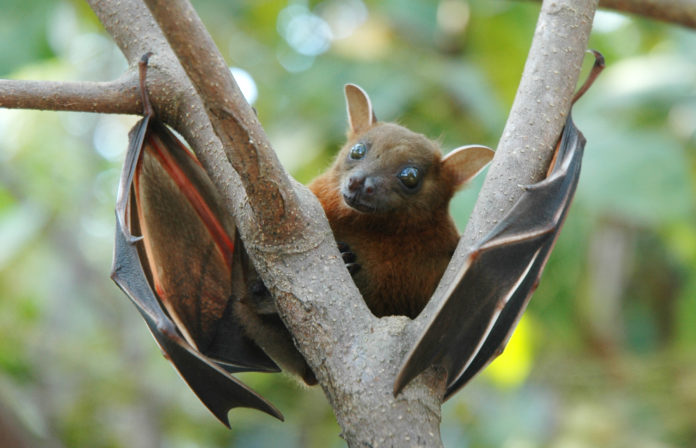A virus carried by fruit bats claims 10 lives in Kerala
Ten people have died from a rare virus, named Nipah, in Kerala. Nine others infected with it are critical.
Twenty-five others have been hospitalised with symptoms of the infection out of which nine are in critical state.
Nipah is an infection which can be transmitted to humans from animals. The virus causes brain fever and patients slip into a coma. Fruit bats are considered the main carrier of the virus for which there is no vaccination, according to the World Health Organization.
Nipah virus is also “top of the list” of 10 priority diseases that the WHO has identified as potentials for the next major outbreak.
Nipah was first identified in Malaysia in 1998. In India the disease was first reported in 2001 and again six years later, with the two outbreaks claiming 50 lives. Nipah virus is also “top of the list” of 10 priority diseases that the WHO has identified as potentials for the next major outbreak.
The Union health ministry has sent a high-level multi-disciplinary team to the state to probe the cases.
What is Nipah virus?
- Nipah virus (NiV) infection is a newly emerging disease which can be transmitted to humans from animals. The natural host of the virus are fruit bats
- The infection was first identified in 1999 during an outbreak of encephalitis and respiratory illness among pig farmers and people with close contact with pigs in Malaysia and Singapore
- Nearly 300 human cases with over 100 deaths were reported in that outbreak. In order to stop it, more than a million pigs were euthanized, causing tremendous trade loss for Malaysia
How can Nipah infection be prevented?
- Nipah virus infection can be prevented by avoiding exposure to sick pigs and bats in endemic areas and not drinking raw date palm juice
- There is no vaccination for the virus which has a mortality rate of 70%.
What are the symptoms of Nipah?
- Symptom of the infection include fever, headache, drowsiness, respiratory illness, disorientation and mental confusion. These signs and symptoms can progress to coma within 24-48 hours
- The brain fever caused by the virus often makes patients slip into a coma
(Source: WHO, Centers for Disease Control and Prevention)



thanks for sharing this information..have shared this link with others keep posting such information..
thanks for sharing this information have shared this link with others keep posting such information..
thanks for sharing this information have shared this link with others keep posting such information..
I do accept as true with all of the ideas you’ve introduced to your post.
They are very convincing and can definitely work. Nonetheless,
the posts are very brief for novices. May you please prolong them
a bit from next time? Thanks for the post.
Spot on with this write-up, I absolutely feel this amazing site needs much more attention. I’ll probably be back again to read more, thanks for the information!
It’s awesome to pay a visit this web page and reading the views of all colleagues on the topic of this piece of
writing, while I am also eager of getting familiarity.
I really like it when people get together and share opinions.
Great blog, continue the good work!